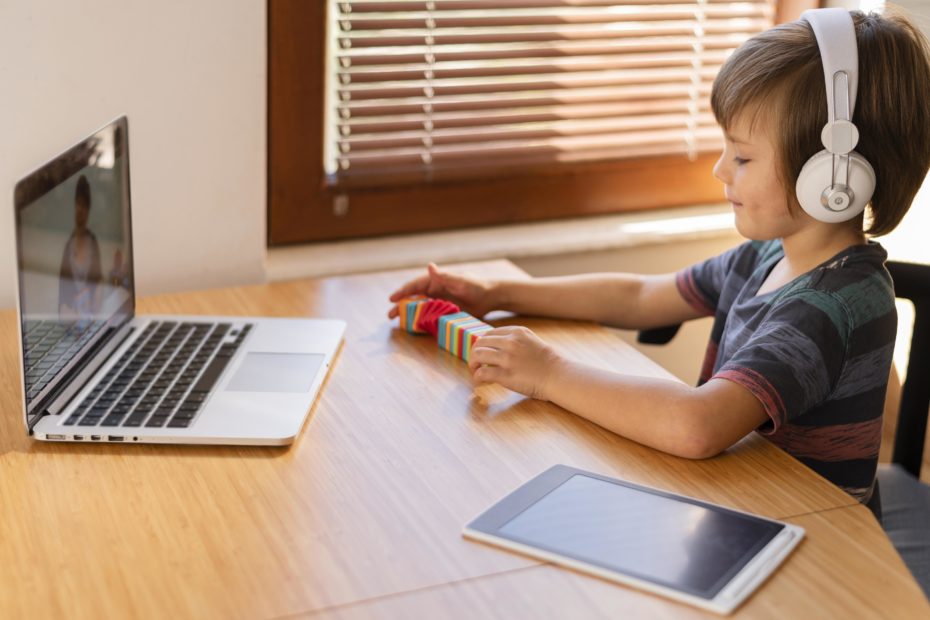Through play, children learn important fundamentals for their development as individuals, citizens and even as family members: habits of hygiene, food, rest, social relationships and friendship. All these crucial components can be presented to little ones in a playful way.
That is why teaching children from 0 to 5 years old in day care centres largely makes use of activities related to educational games, introducing them to their first school lessons and preparing them for their future in society.
Why invest in educational games?
Through games, children learn to express themselves, to develop their interests and to behave collectively. Drawing upon creativity when playing games also helps children learn to express what they’re thinking. This makes it possible for teachers and caretakers to adjust to an individual child’s preferences within the learning process. Playful activities awaken the child’s interest. The act of playing makes the child happy and stimulated to attend day-care daily.
For a long time, day-care centres and schools focused on early childhood education have been doing much more than simply fulfilling a role of assisting parents who need to leave their children in their care during working hours.
This is due to the simple fact that we are referring to a crucial moment in child development. In the period from 0 to 5 years, children can already initiate contact with their mother tongue, learning to read and write within their learning capacity. In this context, educational institutions have increasingly sought to improve their teaching methods. They have begun to utilize powerful allies in the children’s education process. One of these allies is educational games.
After all, children start their lives by learning through games and dynamic circumstances. Because of their boundless imagination and creativity, an interesting, dynamic, fast and lively mechanism is needed, one that can exhaust their energy. Therefore, educational and pedagogical games respond well to their interest. Through these tools, children can become familiar with words, numbers, and basic mathematical operations, learn how to measure and to tell time. All this is accomplished by using simple games that facilitate learning in a fun and interesting way for little ones.
Some examples of educational games are:
Educational maths games – There are many educational and pedagogical games where children can learn to use the abacus (an ancient tool for making calculations with wires and rings arranged horizontally, using the decimal system – very useful for children to learn their first operations of adding and subtracting), rotating tables, rulers for measuring children’s growth, etc. Another option is to use classic games, such as Battleship, and develop a new methodology for gameplay. Using a mathematical formula, the student or group must calculate the correct distance to reach an opponent’s ship.
Educational computer games – Technology has invaded classrooms and has transformed children’s education. Nowadays there are many tools for educational games, and the computer is an essential element in children’s learning, making it possible to assimilate the information it offers in an efficient and dynamic way. In addition, games can mix content and fun activities, replacing traditional materials such as books and handouts. Generally, dynamic and energetic teachers also see teaching through the computer as more stimulating and interesting than traditional classes. This sometimes takes the children’s attention away from the content of the lesson.
Educational games linked to literacy – There are many reading games such as making different combinations of cubes with letters on them to form basic words; animal pictures in the shape of letters, to learn the alphabet; memory games in which a picture of an animal, for example, is shown and the letters that make up its name are spelt out; crossword puzzles, where squares with some evident letters can be presented for later completion with the other letters.
These resources, in addition to making children’s learning more effective, can help teachers and educators to adopt new ways of teaching: faster, more dynamic, and up to date, going hand-in-hand with new directions in teaching.
In conclusion, the importance of playfulness in the process of early childhood education is fundamental to awaken children’s interest in learning. This tool only contributes to the development and training of little ones. There is a taste for learning in a playful way at all ages. However, in children, this taste is practically fundamental for the beginning of the absorption of knowledge in all its forms.





